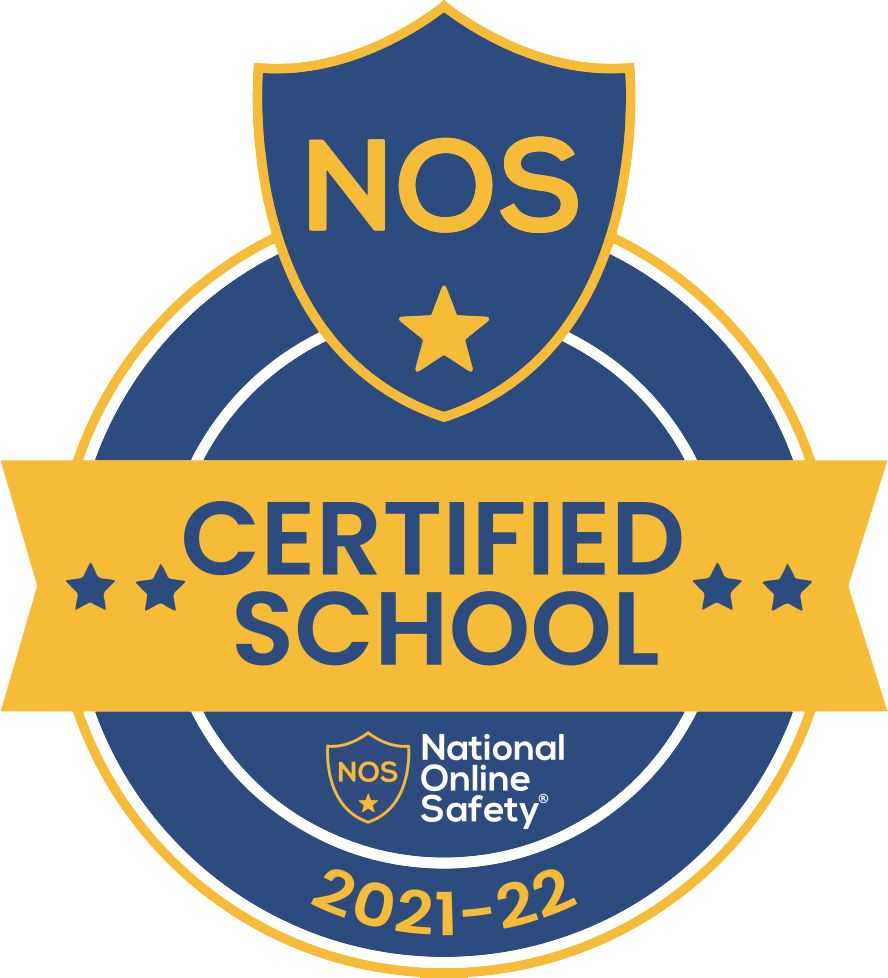- Curriculum
- Curriculum Intent: Subjects
- Humanities & MFL
- Modern Foreign Languages
- Curriculum End Points (Spanish)
Curriculum End Points (Spanish)
Year 7;
- Greet other people in Spanish
- Ask and answer questions relating to their name, age, brothers and sisters and their pets
- Say the colours in Spanish
- Say the numbers 1-30 in Spanish
- Say the alphabet in Spanish
- Have an understanding of adjectival agreement in Spanish
- Give and justify an opinion in Spanish
- Explain what activities they like / don’t like to do in their free time in Spanish
- Conjugate regular AR, ER and IR verbs into the present tense
- Conjugate a small number of irregular verbs into the present tense
- Say the days of the week and the months in Spanish
- Say the weather and the seasons in Spanish
- Describe what activities they do in different weather conditions in Spanish
- Describe and justify their opinions on school subjects in Spanish
- Describe their timetable in Spanish
- Describe what facilities there are in their school in Spanish
- Describe what they do at break time in Spanish
- Describe their school uniform in Spanish, including colours
- Use ‘me gustaría’ to describe what subjects they would like to study in the future
- Write an accurate, short paragraph of Spanish from memory (~40 words)
- Correctly understand short passages of written Spanish on familiar topics
- Correctly understand short passages of spoken Spanish on familiar topics
- Be able to say short answers to questions on familiar topics in Spanish
Year 8;
- Describe the name and age of our family members in Spanish
- Give physical descriptions of friends and family members in Spanish
- Describe the personality of friends and family members in Spanish
- Say the numbers 1-100 in Spanish
- Describe their house and home in Spanish
- Describe what there is / isn’t in their town in Spanish
- Use the present tense to describe what they normally do in their town in Spanish
- Tell the time in Spanish
- Conjugate the near future tense in Spanish
- Use the near future tense to describe what they are going to do in their town next weekend in Spanish
- Conjugate all regular AR, ER and IR verbs into the preterite tense in Spanish
- Conjugate a small number of irregular verbs into the preterite tense in Spanish
- Describe a past holiday in Spanish
- Order food in a restaurant in Spanish
- Use exclamations to give opinions in Spanish
- Talk about Music in Spanish
- Talk about Cinema in Spanish
- Talk about New Technology in Spanish
- Say the parts of the body in Spanish
- Talk about whether or not they live a healthy lifestyle in Spanish
- Use reflexive verbs in the present tense in Spanish
- Talk about careers and future plans in Spanish
- Write an accurate, short paragraph of Spanish from memory (between 40 and 90 words)
- Correctly understand longer passages of written Spanish on familiar topics
- Correctly understand short passages of spoken Spanish on familiar topics
- Give developed answers to questions on familiar topics in spoken Spanish
Year 9;
- Give detailed descriptions of themselves, their family members and their friends in Spanish.
- Describe their relationship with family members / friends in Spanish.
- Confidently use a range of reflexive verbs in their own written and spoken Spanish.
- Describe their view on marriage in Spanish.
- Describe their view on having children in Spanish.
- Describe the advantages and disadvantages of new technology in Spanish.
- Understand and be able to use a range of stem-changing verbs.
- Know the difference between the present and present continuous tenses. Higher-level pupils will also be able to use the present-continuous tense themselves.
- Give detailed descriptions of their free time activities in Spanish.
- Talk about food in Spanish, including typical food and dishes from Hispanic countries.
- Be able to confidently refer to past, present and future time frames in their written and spoken Spanish.
- Understand what the perfect tense is, and how this differs from the preterite tense. Higher-level pupils will also be able to use the perfect tense in their own written and spoken Spanish.
- Write accurate, extended Spanish from memory on familiar topics (at least 90 words).
- Correctly understand long passages of written Spanish, containing both familiar and unfamiliar vocabulary. Pupils will use context to decipher the meaning of any unfamiliar vocabulary.
- Correctly understand longer passages of spoken Spanish, spoken at normal speed
- Give increasingly extended answers to questions on familiar topics in spoken Spanish
- Describe a Photo in written and spoken Spanish
- Participate in a role play, on a familiar topic, in spoken Spanish
Year 10;
- Describe the differences between family life in the UK and in Spain
- Describe how they celebrate a number of customs and festivals, e.g. their birthday, Christmas, Easter etc.
- Describe a range of Hispanic ‘fiestas’, e.g. ‘Día de Los Muertos’ and ‘La Tomatina’
- Give extended descriptions on their town and region in Spanish
- Use the comparative in their written and spoken Spanish. Higher-level pupils will also be able to use the subjunctive.
- Recognise and understand the conditional tense. Higher-level pupils will also be able to use this tense in their own written and spoken Spanish
- Talk about charity and volunteering in Spanish
- Talk about poverty, homelessness and other social issues in Spanish
- Talk about the environment, and other global issues in Spanish
- Give extended descriptions of holidays in Spanish
- Be familiar with a range of higher-level structures and vocabulary in Spanish, e.g. subjunctive and idiomatic expressions. Higher-level pupils will also be able to use these structures confidently in their own written and spoken Spanish.
- Write accurate, extended and sophisticated Spanish from memory on a range of topics (between 90 and 150 words)
- Correctly understand extended passages of written Spanish containing vocabulary from a wide range of topics
- Correctly understand extended passages of spoken Spanish. Higher-level pupils will also be able to understand a range of dialects and accents from across the Spanish-speaking world.
- Respond spontaneously to questions in spoken Spanish on a range of topics.
Year 11;
- Give detailed descriptions of their opinions on school subjects in Spanish
- Describe a typical school day in Spanish
- Describe the differences between school life in the UK and Hispanic countries
- Give an extended description of their school in Spanish
- Describe what their post-16 plans are in Spanish
- Describe the pros and cons of going to University
- Talk about careers and future plans in Spanish
- Understand the subjunctive in Spanish. Higher-level pupils will also be able to use the subjunctive in their own written and spoken Spanish.
- Write accurate, extended and sophisticated Spanish from memory on a range of topics (150 words)
- Correctly understand extended passages of written Spanish containing vocabulary from a wide range of topics, including topics that they may be less familiar with
- Correctly understand extended passages of spoken Spanish. Higher-level pupils will also be able to understand a range of dialects and accents from across the Spanish-speaking world.
- Respond spontaneously to questions in spoken Spanish on a range of familiar and less familiar topics.
- Ask others questions in a range of familiar topics in Spanish.







